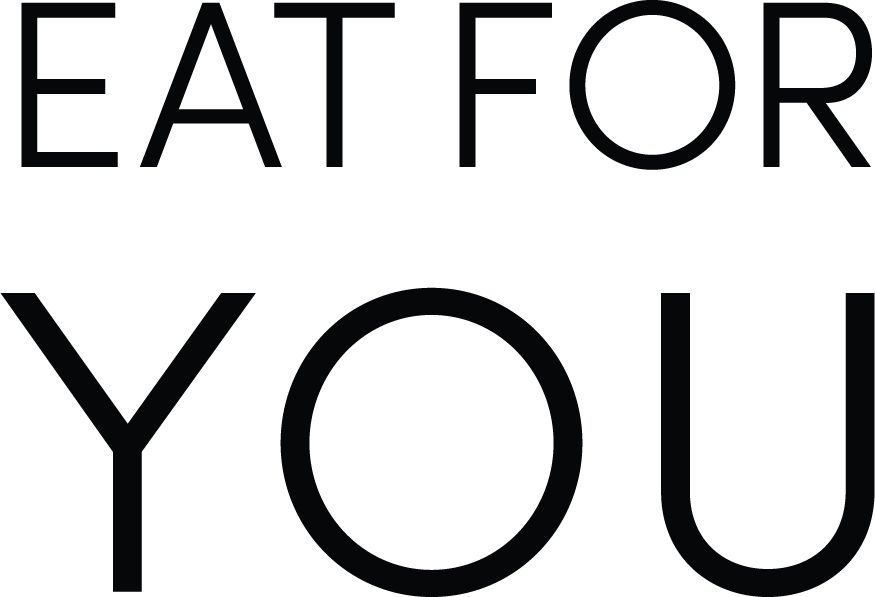What makes some foods unsafe?
In Australia each year, there are more than 5 million cases of foodborne illnesses. Gastroenteritis (popularly known as ‘gastro’) is the most common.
Viruses and pathogenic (disease causing) bacteria (note that most bacteria are non-pathogenic i.e., not disease causing and are in fact critical to good health) are microorganisms that can cause food-borne illnesses. Some pathogenic bacteria produce toxins which can cause illness. Parasites can cause food-borne illness, although these are rare. Specific types of mould are capable of producing harmful chemical compounds called mycotoxins in foods, and some algae can produce toxins that are harmful to humans.
There are 14 bacteria known to contaminate foods in Australia. The bacteria that are of greatest concern to pregnant women are Lysteria, Salmonella and E.Coli. Food contaminated with these bacteria will make anyone sick, not just pregnant women. The problem is the consequences of these infections for the fetus, while rare, can be fatal. You can read more about how our immune systems change during pregnancy.
The Australian Government Guidelines recommend pregnant women avoid:
- Processed ready to eat deli meats, chicken and poultry
- Soft cheeses (brie, blue, camembert, feta, ricotta)
- Chilled seafood and cold-smoked seafood
- Raw seafood
- Pre-made sushi / hand rolls
- Pre-cut fruit
- Pre-packaged salads
- Seed sprouts
- Unpasteurised juices and milk
- Soft serve ice-cream and thick shakes
Lysteria is killed by cooking food to boiling point, so when reheating food it is important to make sure that it is thoroughly heated.
Thankfully the list isn't too long, and as our food and recipes show, the safe food options for women on their pregnancy journey are abundant, delicious and highly nutritious.
References
CSIRO Make it safe. A guide to food safety.

